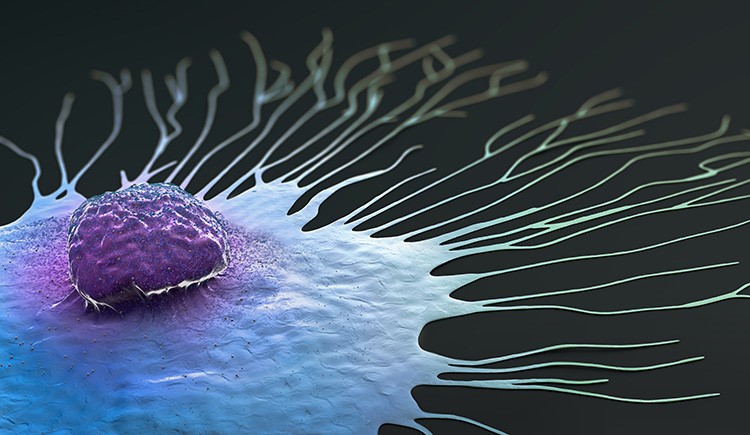Approximately, in 1 to 2 % of cases of cancer, the primary site of origin of the tumor cannot be determined because many modern cancer therapies target primary tumors. The prognosis for cancer with an unknown primary tumor (CUP) is poor, with a median overall survival of 2.7. To get a more specific diagnosis, patients often need to undergo extensive diagnostic tests, which may include additional laboratory tests, biopsies, and endoscopy procedures that delay treatment. To improve the diagnosis of patients with complex metastatic cancers, especially in resource-poor environments, researchers at the Mahmood Laboratory at Brigham and Women's Hospital developed an artificial intelligence (AI) system that uses routinely captured histological slides to pinpoint the origin of determine metastatic tumors while at the same time establishing a "differential diagnosis" for patients with CUP. The research results are described in nature. Almost all patients diagnosed with cancer have a histology slide, which has been the standard of diagnosis for over a hundred years. “Our work provides a way to harness universally captured data and the power of artificial intelligence to improve the diagnosis of these complicated cases that usually require extensive diagnostic work” said the related author Faisal Mahmood, PhD, of the Department of Computational Pathology in Brigham and Assistant Professor at Harvard Medical School.
The deep learning-based algorithm developed by the researchers called Tumor Origin Assessment through Deep Learning (TOAD) simultaneously identifies the tumor as primary or metastatic and predicts its place of origin. The researchers trained their model with giga pixel pathology full slide images of tumors from more than 22,000 cancer cases and then TOAD tested in approximately 6,500 cases of known primary cancers and increasingly complex metastatic cancers analyzed to determine the usefulness of the AI model in CUP. For tumors with known primary origins, the model was correctly identified cancer to 83 percent. The researchers tested the model in 317 CUP cases assigned a differential diagnosis and found that the TOAD diagnosis agreed with pathologists was 61% of the cases and all three matches first 82% of the time.
TOAD's performance was largely comparable to the performance reported by several recent studies that used genomic data to predict tumor origins. While genomic-based AI offers an alternative option for aiding diagnoses, genomic testing is not always performed for patients, especially in low-resource settings.






